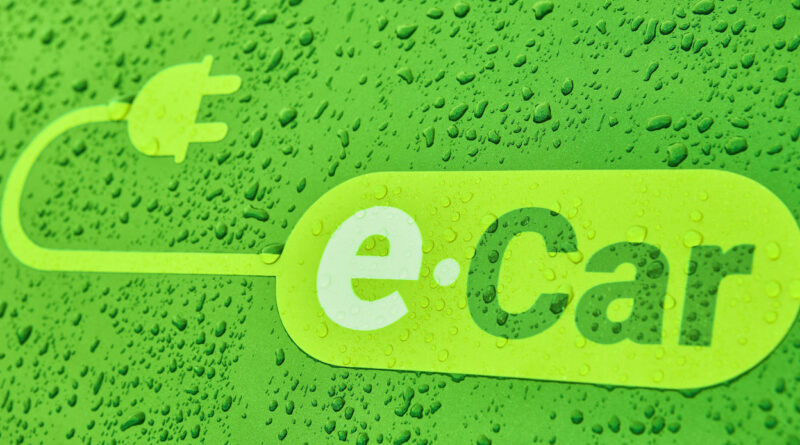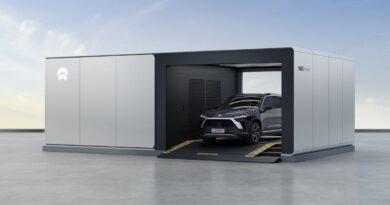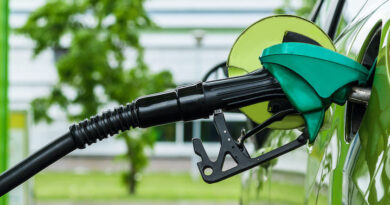What about electric vehicles and sustainability?
We never gave ourselves the chance to sit and really think about the effects electric vehicles have on the environment. Is e-mobility really “greener” and more sustainable than a modern combustion engine? The concept of electric driving has been around for decades, but it never bore fruit until now. The idea was adopted as soon as the world realized its positive impacts. No one truly questioned the change, and it seems as if the move was made in haste.
Climate change was always happening, and its rapid pace caught the world off-guard. We adopted the first idea that came to mind because it was better and effective. Now that EVs are starting to become a reckoning force, curiosity has kicked in, and with it, several new questions.
Are fully electric cars indirectly harmful to the environment? Is the idea leading towards sustainability or a bunch of other problems?
Harmful Effects of Lithium-ion Battery Production
There has been extensive research on the effects of lithium-ion battery production on the environment. It is evident that battery-making companies have a considerable carbon footprint. The fact was either ignored or not given much importance. According to recent findings, battery manufacturers contribute 39 kg CO2e/kWh to 196 kg CO2e/kWh to the environment. In theory, this means that a 40kWh battery-powered vehicle is responsible for the same amount of pollution as an efficient diesel car. There is a difference, but it is not as big as you might have imagined.
We are trying to look for a solution to the climate problem, not a way to mitigate its effects. Currently, we are reducing emissions from one industry and increasing it in another, which is far from a sustainable model.
Moreover, the majority of the battery-producing plants are running on conventional non-renewable energy sources. The world might not be in a better position until factories use the energy produced using ‘green’ alternatives.
Germany and other European countries have already started to switch to renewable electricity production. In the last few years, Germany and England have been successful in producing the entire country’s energy using renewable sources, which is a commendable step. But it is not until manufacturing powerhouses like China shift to green energy production that we will see a big change.
Mining and Exploitation
Currently, the most successful and most efficient battery in the world is lithium-ion or Li-ion. It is used in cars, phones, and almost everything else that has a rechargeable battery. However, the lithium-ion battery value chain is complex. It takes 20 unique materials, collected from all around the globe, to begin the production of a battery cell. Then, these substances are properly refined, which produces a lot of waste as most of the materials have to be tailor-made for battery production. After that is done, the selected materials are processed using energy-intensive manufacturing processes that can have adverse effects on the environment. The whole production chain is a breeding ground for carbon emissions. Not to mention, the countless human rights violations that come into play to obtain these items.
The Solution
There are not many alternatives to Li-ion batteries and those that are present don’t have the same efficiency. Fortunately, humans have come very far by depending on research and experiments. We have several ongoing studies that are looking for new ways to produce batteries. Some automotive manufacturers have also stepped in to make an impact. But nothing can beat the power of recycling.
Several scientists and researchers are finding ways to recycle battery materials so that they can be reused to produce new batteries. This will not only reduce waste but also cut down the carbon footprint of the battery production industry. Furthermore, second-life batteries will allow researchers some breathing time to develop new technologies and new methods to manufacture batteries.
The major battery producers are Tesla, Panasonic, LG Chem, BYD China, and SK Innovation. All of them have been working to improve their product for years. Tesla is foremost among the list as batteries are the company’s foundation. Without efficient batteries, their cars won’t be attractive in the market.
Volkswagen and Bill Gates have invested in a startup called QuantumScape. The American company aims to make batteries cheaper, more efficient, and reliable. Then there is InoBat Auto, a battery startup, spearheaded by some of the most intuitive modern minds. Former Aston Martin boss Andy Palmer also has a stake in this company.
The government of China and the European Union are deeply invested in the idea and they are injecting money into the industry. The Chinese government funds several battery manufacturers, such as Contemporary Amperex Technology, which is one of the world’s biggest battery suppliers. The European Union, on the other hand, announced 2.9 billion euros to fund battery production and research. On top of that, several European governments have pledged over 60 billion euros for the EV and battery industry.
Final Thoughts
With so much money and interest going into an idea, there is little chance that the EV revolution fails. It won’t be long before the world switches to renewable energy production, and batteries become more environmentally friendly.




